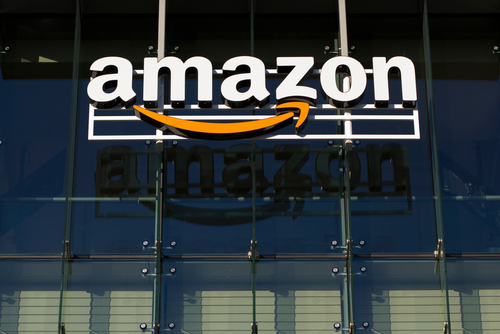The pandemic ushered in a new era of remote work, with companies around the world quickly adapting to virtual environments. As they navigate the post-pandemic landscape, businesses are faced with the challenging decision of whether to bring employees back to the office, adopt a hybrid model, or continue with remote work.
Amazon, a global powerhouse, has made its stance clear.
“Amazon CEO Andy Jassy told employees to get on board with the company’s return-to-office plan or to consider employment elsewhere,” Brian Fung writes in an article for CNN. Such a bold directive from the helm of one of the world’s most influential companies isn’t without its controversies.
Disgruntled Employees Demand Flexibility
Amazon’s return-to-office mandate hasn’t been met with universal acclaim. And it’s not alone. All companies that are attempting to take a hardline approach to demanding employees to return to physical work settings are experiencing pushback.
The reasons for resistance are multifaceted. Some employees have grown accustomed to the flexibility and work/life balance remote work offers. Others have safety concerns, especially with the ever-evolving nature of the pandemic and widely reported violence and crime in urban settings. And, of course, many have found that they’re just as, if not more, productive working from home.
The Future of Work
So, what does this mean for the future of work at Amazon and, potentially, other companies observing this situation? If a significant number of employees decide to leave Amazon due to the return-to-office policy, the company could face a talent drain. On the other hand, Amazon’s firm stance might set a precedent for other businesses to follow suit, emphasizing the importance of in-person collaboration.
Not all tech giants or major corporations are handling the transition from the pandemic to a “return to normal” in the same manner. While some are offering more flexibility, others are echoing Amazon’s sentiments about the value of office presence.
The return-to-office debate underscores the delicate balance companies must strike between operational needs and employee well-being. As we continue to adapt to the new normal, one question remains at the forefront: Is the future of work flexible, or is there an irreplaceable value in face-to-face interactions and collaborations?
Lin Grensing-Pophal is a Contributing Editor at HR Daily Adivsor.
The post <strong>Amazon’s Firm Stance on Remote Work</strong> appeared first on HR Daily Advisor.
